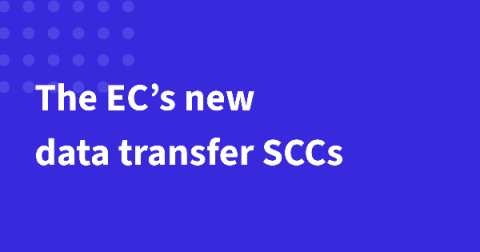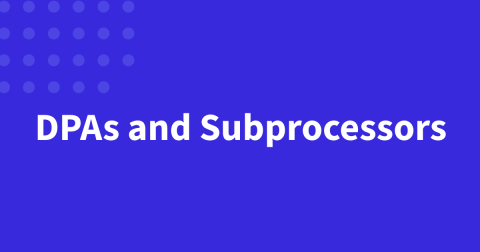Are U.S. Companies Affected by the GDPR?
The European Union’s General Data Protection Regulation applies to any organization that operates in the EU or that collects or processes the personal data of EU citizens. So if a business in the United States (or anywhere else in the world, for that matter) does handle such data — yes, the GDPR can apply to you. That said, the exact compliance requirements will vary depending on the size of your company and how you process and store the applicable data.











